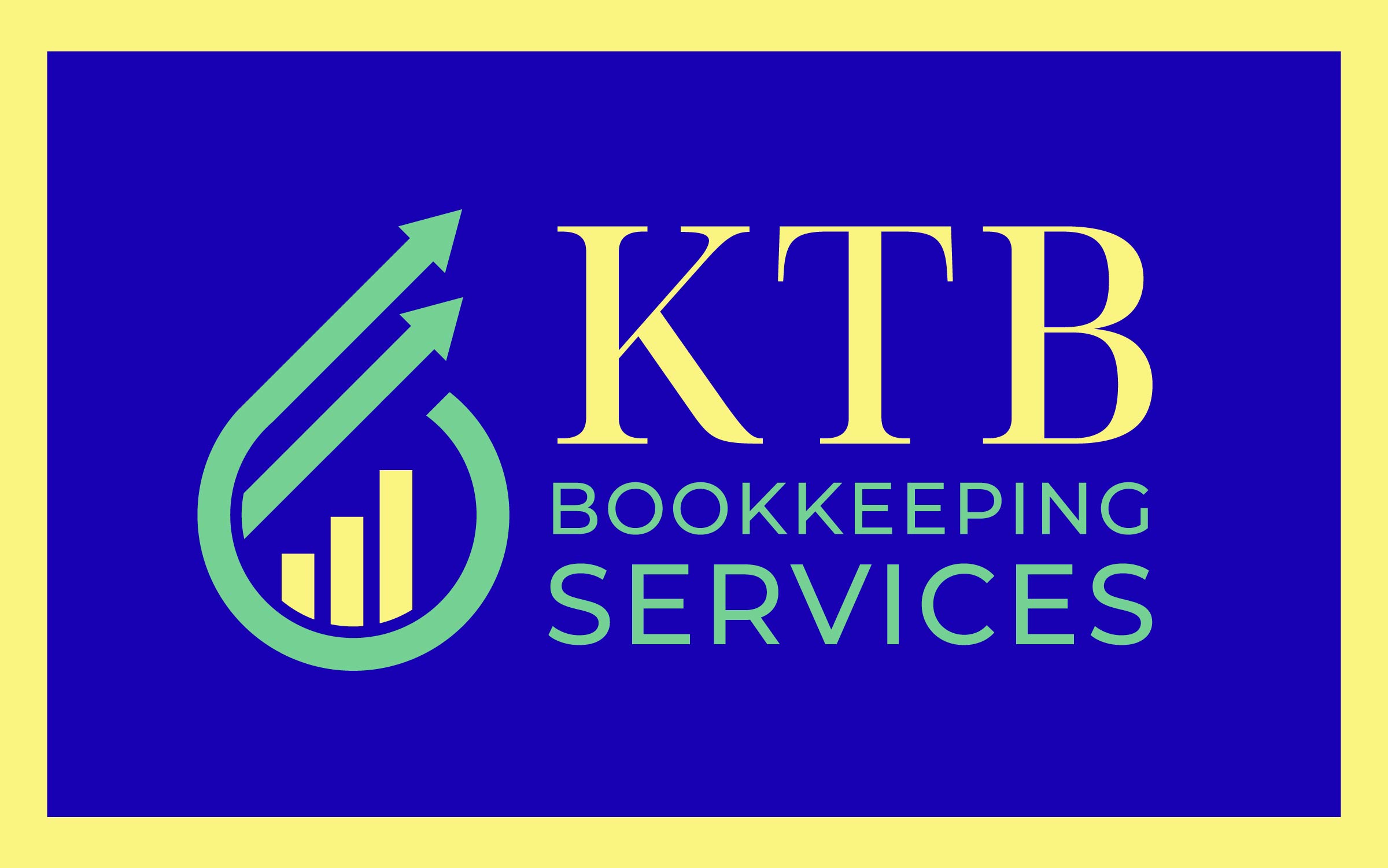Your business finances are one of the most important aspects of your business, so understanding bookkeeping terms is crucial. We make decisions daily based on our business’s finances, so it’s essential to comprehend the terms being used.
At Keeping the Books, we believe in empowering our clients with knowledge. Our bookkeepers are here to help you understand some common bookkeeping and accounting terms, focusing on those you’ll encounter on the Income Statement and Balance Sheet. And remember, we are always happy to explain any terms not covered here.
Key Terms on the Income Statement
1. Revenue
Also known as sales or income, revenue is the total amount of money your business generates from operations before any expenses are deducted.
2. Cost of Goods Sold (COGS)
This is the direct cost attributable to the production of the goods sold by your business. It includes the cost of materials and labor used to create the product.
3. Gross Profit
Gross profit is calculated by subtracting the Cost of Goods Sold from Revenue. It represents the profit your business makes after deducting the costs associated with making and selling its products.
4. Operating Expenses
These are expenses incurred during normal business operations, including rent, utilities, salaries, and marketing expenses.
5. Net Income
Net income, also known as net profit or the bottom line, is the total profit of the business after all expenses (including taxes) have been deducted from total revenue.
Key Terms on the Balance Sheet
1. Assets
Assets are resources owned by your business that have economic value. They can be classified as current (cash, inventory, accounts receivable) or non-current (property, equipment, long-term investments).
2. Liabilities
Liabilities are obligations that your business needs to pay in the future. They can be current (accounts payable, short-term loans) or long-term (mortgages, long-term debt).
3. Equity
Equity represents the ownership value in the business and is calculated as Assets minus Liabilities. It includes investments made by the owners and retained earnings.
4. Accounts Receivable
This is the money owed to your business by customers who have purchased goods or services on credit.
5. Accounts Payable
Accounts payable are short-term obligations your business needs to pay to suppliers or creditors for goods and services received.
Why Understanding BOOKKEEPING Terms Matters
Understanding these fundamental terms helps you make informed business decisions. Knowing your revenue, expenses, and net income allows you to gauge your business’s profitability. Similarly, understanding your assets, liabilities, and equity helps you assess your business’s financial health and stability.
We aim to give you confidence in discussing your business finances and making strategic decisions by demystifying these terms. However, if you ever come across terms that are unclear or need further explanation, don’t hesitate to ask us. Our bookkeepers at Keeping the Books are here to ensure you fully understand your financial statements and can easily navigate your business’s financial landscape.
Empower yourself with knowledge, and take control of your business finances today!



